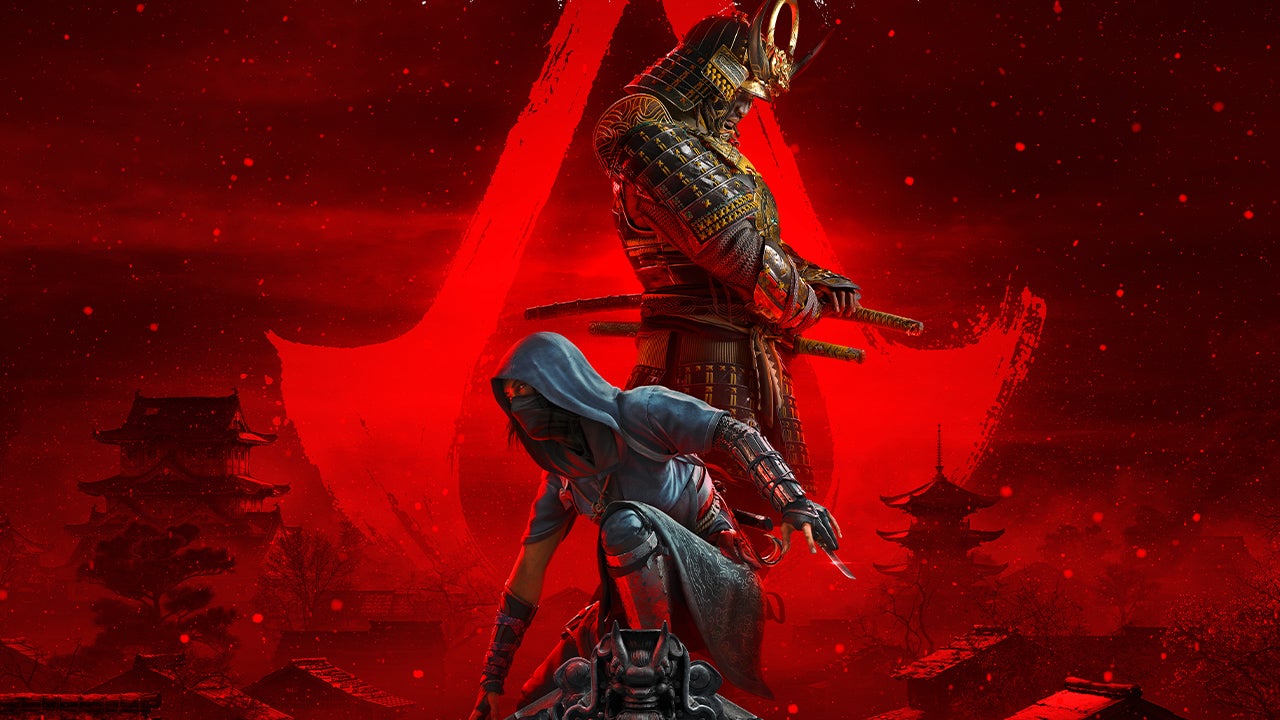The upcoming release of Assassin’s Creed Shadows has stirred considerable controversy within the gaming community. From the game’s narrative choices to its gameplay changes, players are divided over the direction Ubisoft is taking with this latest installment. Let’s break down the key issues fueling the debate.
Narrative Direction and Historical Inaccuracies
One major point of contention centers around the game’s storyline and its portrayal of historical events. Set during the height of the Russian Empire, Shadows has been criticized for its oversimplification of the Russian Revolution and its surrounding complexities. Fans and historians alike have expressed concerns that key figures and events have been inaccurately represented or marginalized, leading to a historically shallow experience. While Ubisoft often blends fiction with history, this time the balance feels off to many, as the narrative choices may detract from the authenticity the series is known for.
Gameplay Overhaul and Stealth Mechanic Changes
The shift in gameplay mechanics has sparked heated debates. Traditional stealth elements, a hallmark of the Assassin’s Creed franchise, have taken a backseat in favor of more action-focused combat. This change has left long-time players feeling as though the game has lost part of its identity. Additionally, the introduction of a stamina system that limits key moves has frustrated fans who enjoyed the fluid parkour and combat of previous titles. Many argue that this new direction caters more to casual players, sacrificing the depth and challenge that veteran fans appreciated.
Microtransactions and Live Service Model
Another significant issue is the inclusion of microtransactions. Ubisoft has introduced a variety of in-game purchases, from cosmetic items to time-saving packs. Although Ubisoft insists these transactions are optional, players feel that the game’s progression has been deliberately slowed to encourage spending. The presence of pay-to-win elements has only added to the criticism, as fans worry that the focus on monetization could compromise the integrity of the game.
Representation and Character Diversity
Representation has been a hot topic in recent Assassin’s Creed games, with previous titles praised for their diverse and inclusive casts. However, Shadows has drawn criticism for regressing in this area, with fewer female characters and limited roles for marginalized groups. Many feel that this is a step backward for the franchise, which had been making progress in telling more inclusive and varied stories. The lack of depth in the characters presented so far has sparked frustration among fans hoping for richer, more diverse narratives.
Community Response and Ubisoft’s Silence
The backlash from fans has been widespread. Social media has lit up with criticism, with some players calling for boycotts and others voicing their concerns through popular hashtags. Despite the outcry, Ubisoft’s response has been minimal. They’ve promised updates and post-launch support, but many fans remain unconvinced that these fixes will address the core problems. The silence from Ubisoft has only added to the frustration, leaving players uncertain about the game’s future.
Conclusion
The controversy surrounding Assassin’s Creed Shadows highlights a growing divide between long-time fans of the series and the broader audience Ubisoft seems to be targeting. As the game’s release date approaches, the unresolved issues continue to fuel debate. Whether Ubisoft will address these concerns remains to be seen, but the reception to Shadows may shape the future direction of the Assassin’s Creed franchise

fkzrzfvqdplilydwkwzdyoxlimequp
2877zl
mpyzvzvxpkpdwnqtghjwikgjsiyxrj